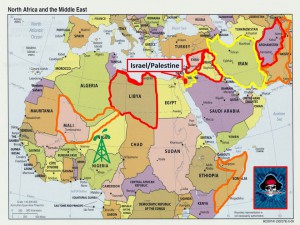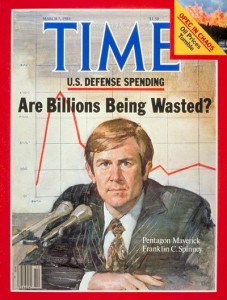
China-Mali: For the record. China has offered to send more than 500 soldiers to the UN force seeking to contain Islamist militants in Mali . This would be China's largest UN peacekeeping contingent.
Iraq: An attack at a military checkpoint at Taji, north of Baghdad, on Thursday killed 11 people, including four soldiers, and wounded five.
Comment: The pause appears ended. The fighting has killed 420 people this month.
Lebanon: Fighting in Tripoli continued for a fifth day. Overnight clashes killed six people and wounded 40. .The Middle East is now destabilized from the border of Iran to the Mediterranean.
Niger: Islamic militants executed coordinated attacks at two locations in Niger, the country east of Mali. In one attack, a suicide bomber detonated a car bomb at a French-Niger owned uranium mine in the town of Arlit. Simultaneously and 125 miles south, another bomber detonated a car bomb inside a military camp in the city of Agadez. Other jihadists in vehicles attempted to overrun the base, but were stopped by a firefight with Nigerian soldiers. The bombs killed 5 bombers, 25 people and injured 29, according to the Ministry of Defense. No expatriates were killed.
During this Watch, a surviving bomber is holding several Nigerien soldiers hostage
These were the first terrorist attacks of this kind in Niger. The two towns are in central Niger. Some of the facilities for processing uranium ore were damaged at Arlit.
An affiliate of al-Qaida in the Islamic Maghreb, known as the Movement for Unity and Jihad in West Africa (MUJAO) claimed responsibility. They were also involved in the Mali fighting. Nigerien officials judge the fighters came from Libya. One said that Libyan instability is destabilizing the entire region.
Early this year one military analyst judged that Niger was even less prepared than Mali to cope with Islamic militants and terrorists. Nevertheless, a Nigerien unit participated in clearing operations in Gao, Mali.
The key points are that the jihadists have not given up their plans to establish a base in Sahelian Africa and all the countries are vulnerable. Their territory is enormous with poor infrastructure. They are poor and have small, poorly supported security forces.
The attacks might compel France to deploy some of the troops withdrawing from Mali to Niger. Niger is France's single most important supplier of uranium for its extensive nuclear and electric power industries.
France might need to re-evaluate its strategy for providing security assistance to its former colonies. The threat calls for an integrated regional approach to security. The Sahelian nations and France will certainly need outside help.



